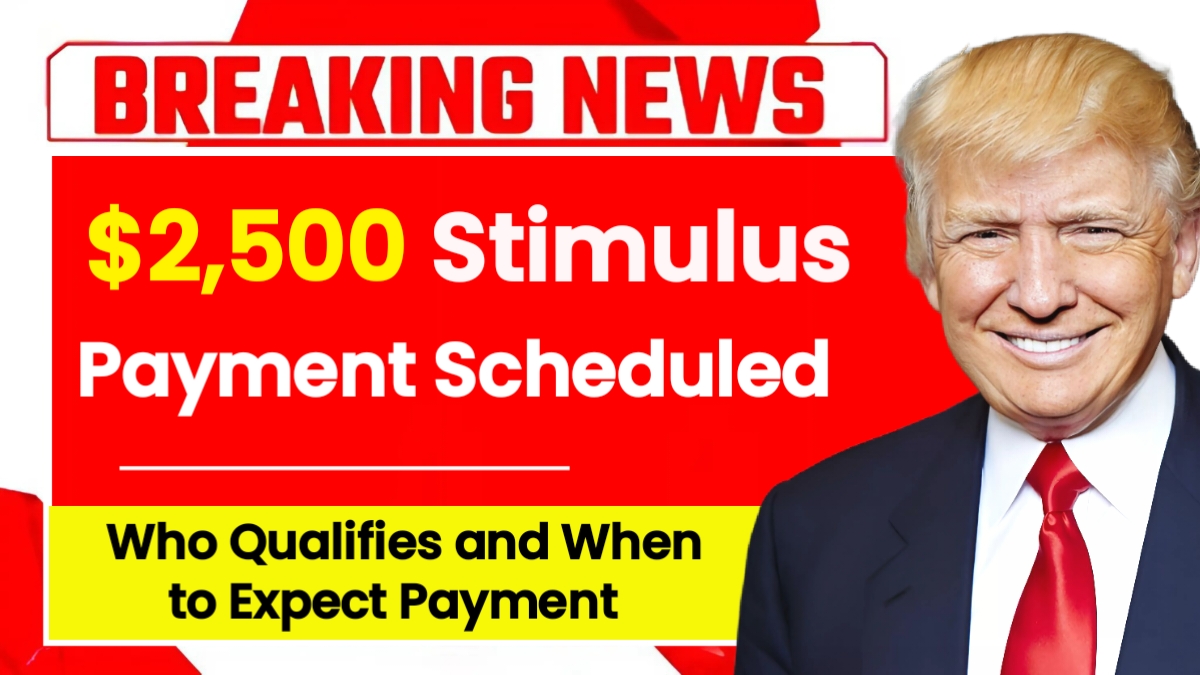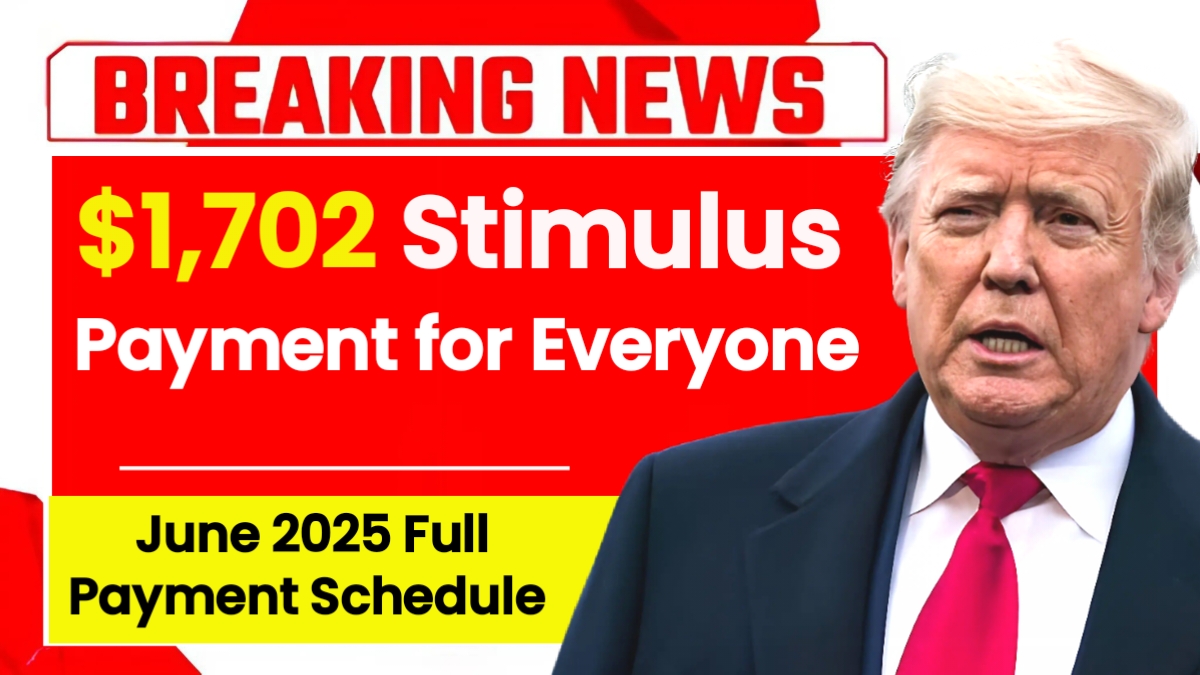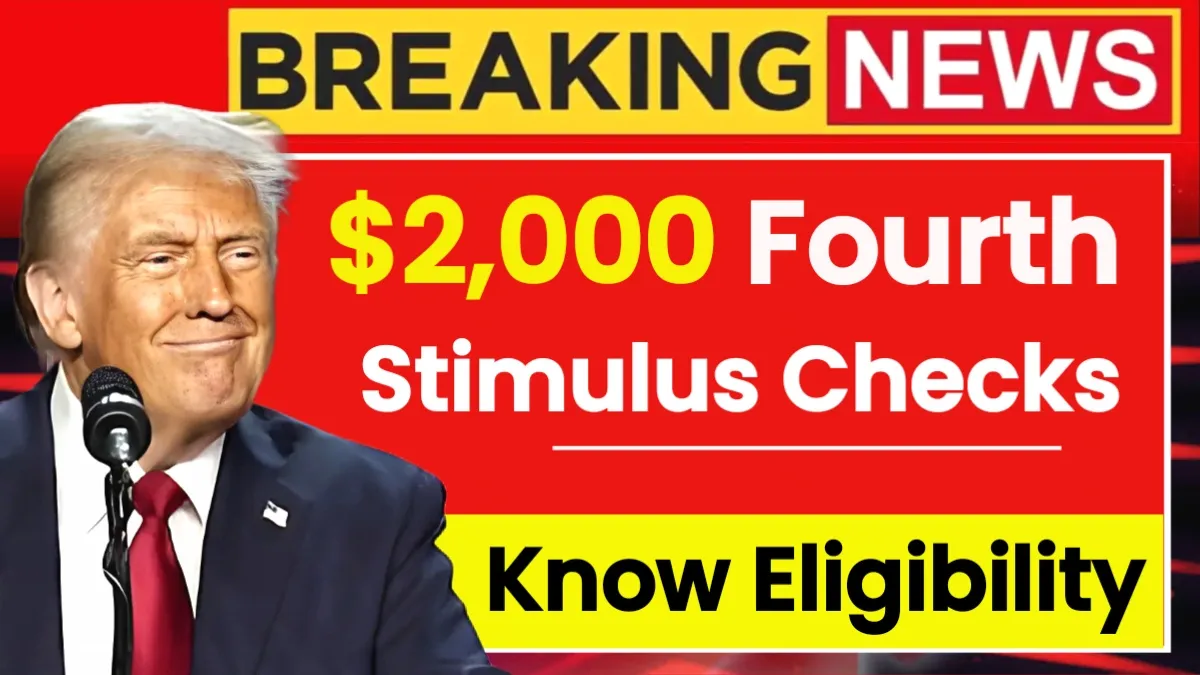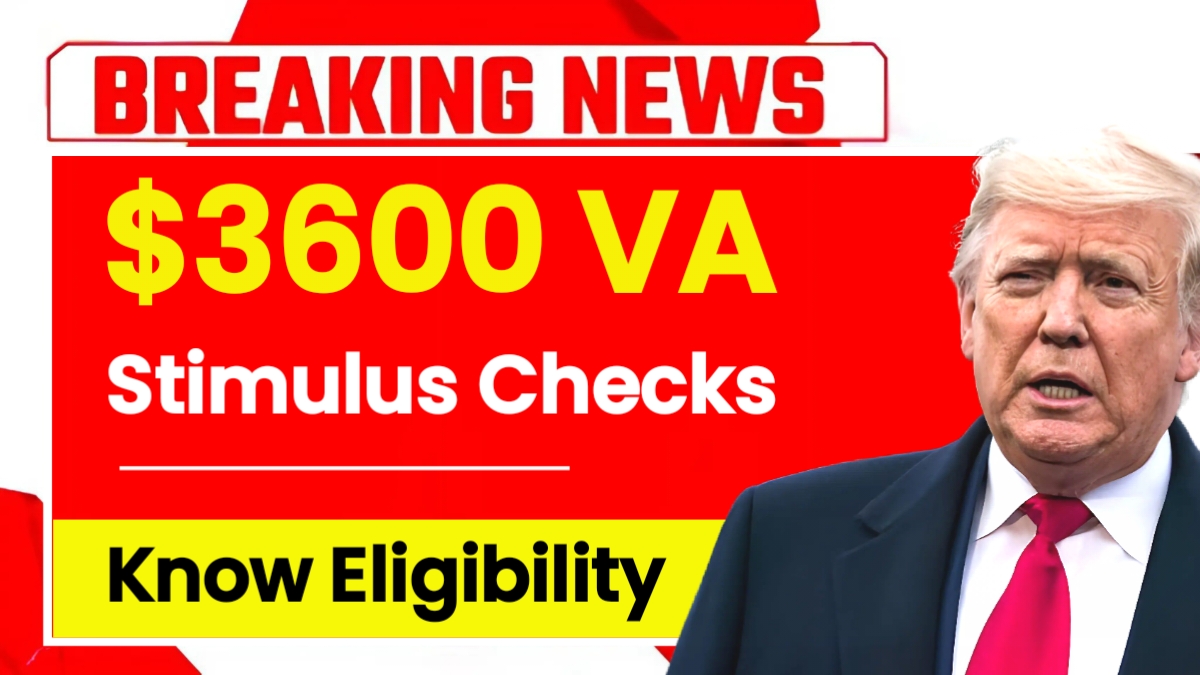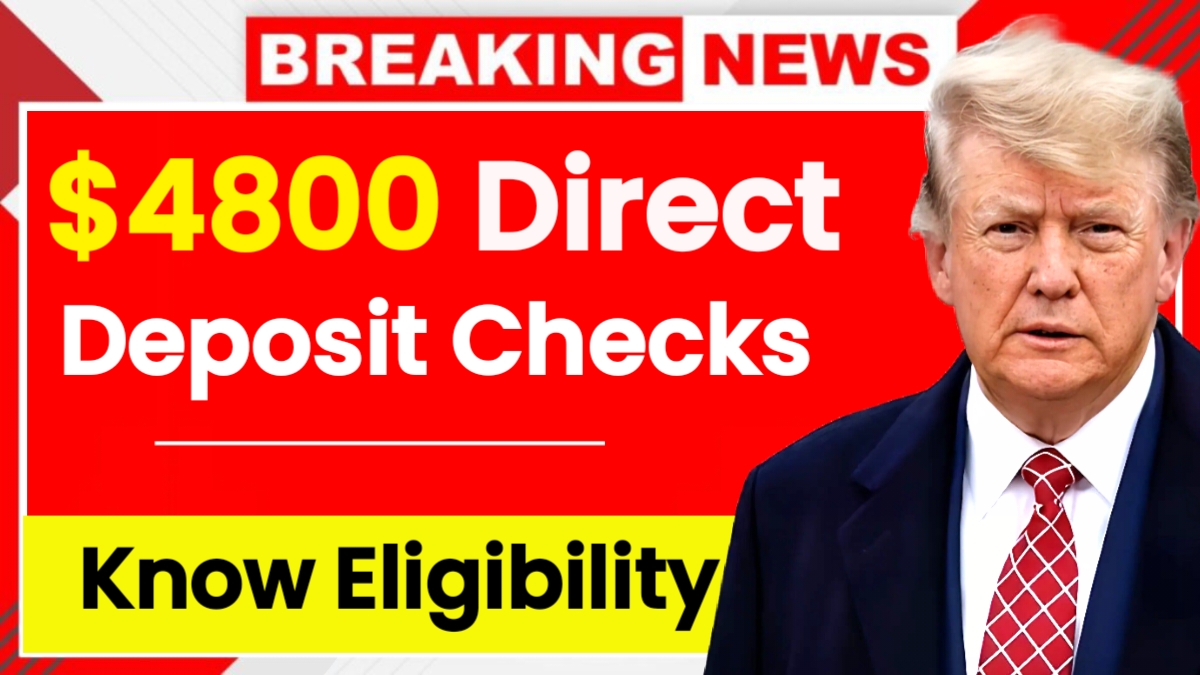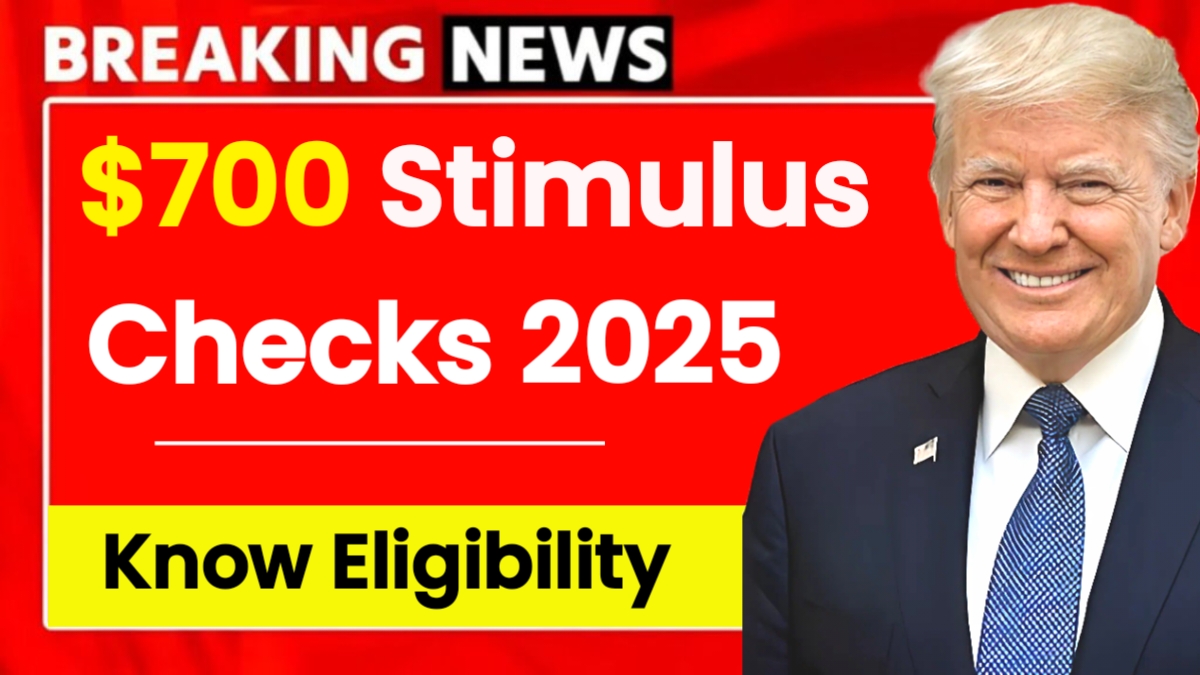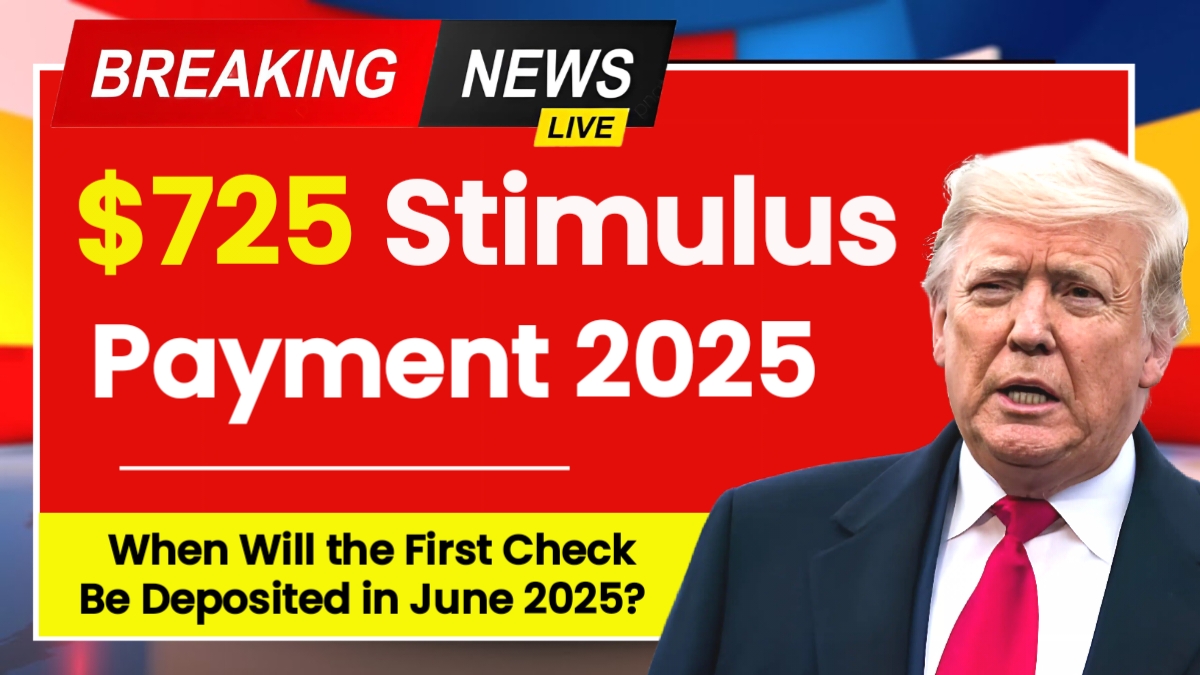$2,500 Stimulus Payment Scheduled for June 2025: The idea of a DOGE dividend payment has captured significant attention across social media and news outlets throughout 2025. This proposal suggests that Americans could receive stimulus-style payments funded by government savings identified through the Department of Government Efficiency initiative. However, it is crucial to understand that as of June 2025, no federal stimulus payments have been approved by Congress, and the DOGE dividend remains a theoretical proposal with no official legislation or confirmed payment mechanism. The concept originated from investment firm CEO James Fishback, who suggested returning a portion of government savings to taxpaying households.
What DOGE Actually Accomplished
The Department of Government Efficiency was led by Elon Musk until his departure from the Trump administration in late May 2025. According to DOGE’s self-reported figures, the initiative has saved approximately $175 billion as of May 2025, which falls far short of the original $2 trillion goal that would have been necessary to fund substantial dividend payments. The organization was created to identify and eliminate wasteful federal spending, but recent government audits have discredited some of DOGE’s trillion-dollar savings claims. The actual verified savings are significantly lower than what would be required to support meaningful dividend payments to American households.
Why No Payments Are Coming
Despite endorsements from prominent figures and positive media coverage, no official legislation has been passed to authorize these checks. Congressional authorization would be required for the disbursement of any government funds, but no formal legislation has been introduced. Financial experts have emphasized that without Congress telling the government it can spend money, such payments would be illegal. Even supporters of the concept acknowledge that the program would depend entirely on actual savings achieved and congressional approval, neither of which has materialized to the necessary extent.
Political Reality and Congressional Response
The House DOGE Caucus has officially collapsed, with no members of Congress mentioning “DOGE checks” in official communications to constituents this year. Representative Jared Moskowitz, the first Democrat to join the House DOGE Caucus, now calls the group “a complete failure” and reports that the caucus held only two meetings in five months with no communication from Musk or DOGE staff. Even Elon Musk acknowledged that congressional approval is a must, stating that “It’s somewhat up to Congress and maybe the president… whether specific checks are cut”. The lack of legislative action indicates that there is insufficient political support to move forward with dividend payments.
Eligibility Requirements That Would Apply
If such a program were ever approved, the proposed eligibility requirements would be significantly different from previous stimulus programs. The DOGE dividend would target only select taxpayers who are net payers of federal income taxes, meaning they pay more in taxes than they receive in refunds or benefits. Unlike regular stimulus checks, these payments would be only for households that pay federal income taxes, excluding lower-income Americans who do not qualify as net tax contributors. This approach would make the program more like Alaska’s Permanent Fund dividend rather than broad-based economic stimulus, but even this targeted approach requires congressional authorization that does not currently exist.
Economic Concerns and Expert Warnings
Financial experts have raised significant concerns about the economic impact of such payments. Economists warn that stimulus of this kind could worsen inflation, similar to the impact of checks distributed during the COVID-19 pandemic. Some experts note that “this is certainly the wrong time to have any sort of consumer stimulus” because “inflation remains elevated” and “any sort of stimulus would exacerbate that inflation”. Additionally, budget experts point out that “when you’re running $2 trillion deficits every year, you can’t give away more money in stimulus checks” because “you’re borrowing more to give back to people, but the borrowing still falls on them”.
Current Status and Future Outlook
As of June 2025, the federal government has not approved any new stimulus checks, and the Internal Revenue Service confirmed that no fourth round of stimulus payments has been authorized by Congress. The future of the DOGE Dividend became uncertain after Elon Musk’s departure from the administration in May, when he criticized Trump’s broader spending bill and called the plan fiscally irresponsible. While President Trump and James Fishback continue to promote the DOGE check, no bill has passed through Congress to authorize payments, and political momentum appears to have stalled significantly.
Protecting Yourself from Misinformation
The IRS has warned Americans to remain cautious of scams and misinformation related to federal payments. Online interest in DOGE checks has driven speculation, clickbait, and phishing scams, but no policy action. It is essential to rely only on official government sources such as irs.gov for accurate information about federal payment programs. Any claims suggesting new payments are currently being issued should be ignored unless they come from verified government channels. Social media speculation and unofficial websites often spread misleading information about government benefits that can lead people to fall victim to fraud.
Disclaimer: This article provides factual information based on current government statements and verified news reports as of June 2025. The DOGE dividend discussed is not an approved government program and no such payments are currently being distributed. Information about government benefit programs can change rapidly, and readers should always verify current details through official government sources such as irs.gov or treasury.gov. This article is for educational purposes only and does not constitute financial advice. Readers should be cautious of misleading claims about stimulus payments and only trust information from official government channels.
